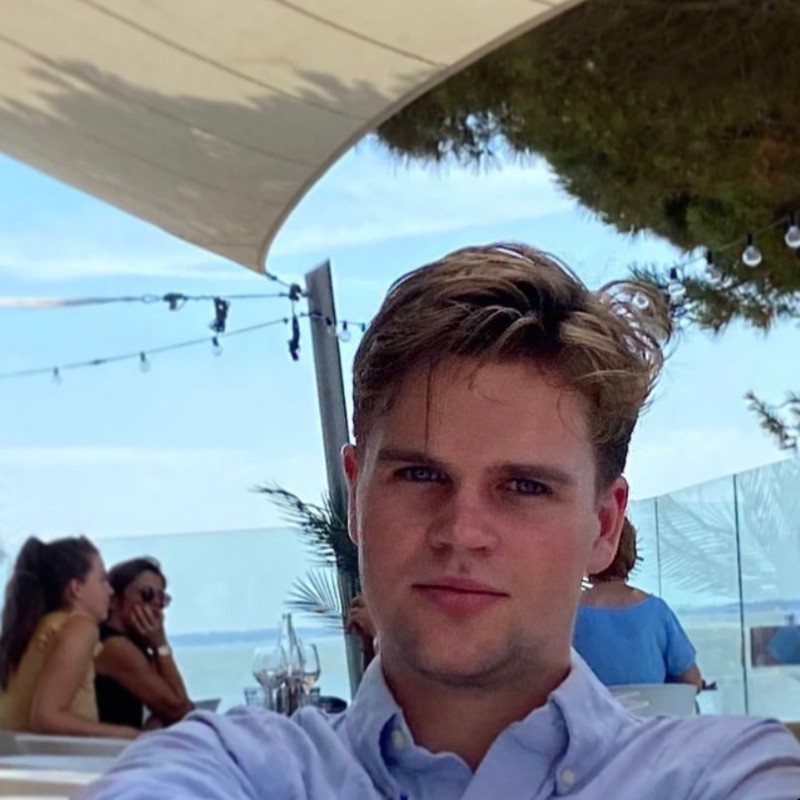This seminar is a joint event between two research groups, i_mBody Lab (UC3M) and AI-WELL (UOC). To join the talk online, write to Prof. David Merino Arranaz (dmerinoar@uoc.edu).
Date: 2024-09-25, 12:00h-13:00h UTC+2 (CEST)
Speaker: Freek Hens, Radboud University and Australian National University
Title: From continuous biosignals to spike trains: LAST opens the door to the effective training of spiking neural networks on continuous signals
Abstract:
Can we use the brain’s own language to diagnose chronic lower back pain? In this talk, I’ll present our groundbreaking work applying Spiking Neural Networks (SNNs) to classify chronic lower back pain using the EmoPain dataset. This is the first time SNNs have been used for this purpose.
We’ve developed a novel encoding technique called Learning Adaptive Spike Thresholds (LAST) to efficiently convert continuous biosignals into spike trains. Combined with an ensemble of Spiking Recurrent Neural Networks (SRNNs), our approach effectively handles the complexities of multi-stream sEMG and IMU data.
Despite the challenges of limited data and imbalanced classes, we’ve achieved impressive results, outperforming traditional methods and even state-of-the-art deep learning models. Our findings pave the way for energy-efficient, wearable solutions for chronic pain management. Join me to learn more about our innovative approach and its potential impact.
Biography:
Freek Hens holds Bachelor’s and Master of Science degrees in AI from Radboud University, Nijmegen, the Netherlands. He is currently pursuing additional studies at the Australian National University (ANU) in Canberra, Australia. His research interests span efficient neuromorphic computing, particularly Spiking Neural Networks (SNNs), Computer Vision, and Natural Language Processing (NLP).
His Master’s thesis focused on developing energy and time-efficient AI models using SNNs, resulting in a cum laude distinction and a forthcoming journal publication. To broaden his AI expertise, he is exploring Computer Vision at ANU. Additionally, Freek gained experience in NLP during an internship centred on large-scale text classification with limited labelled data.

